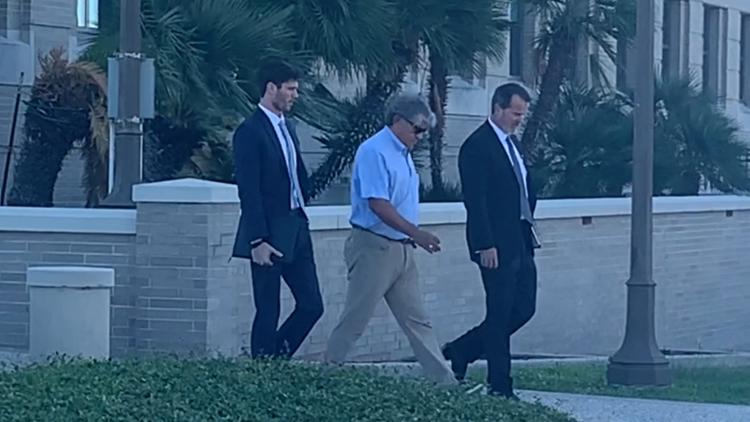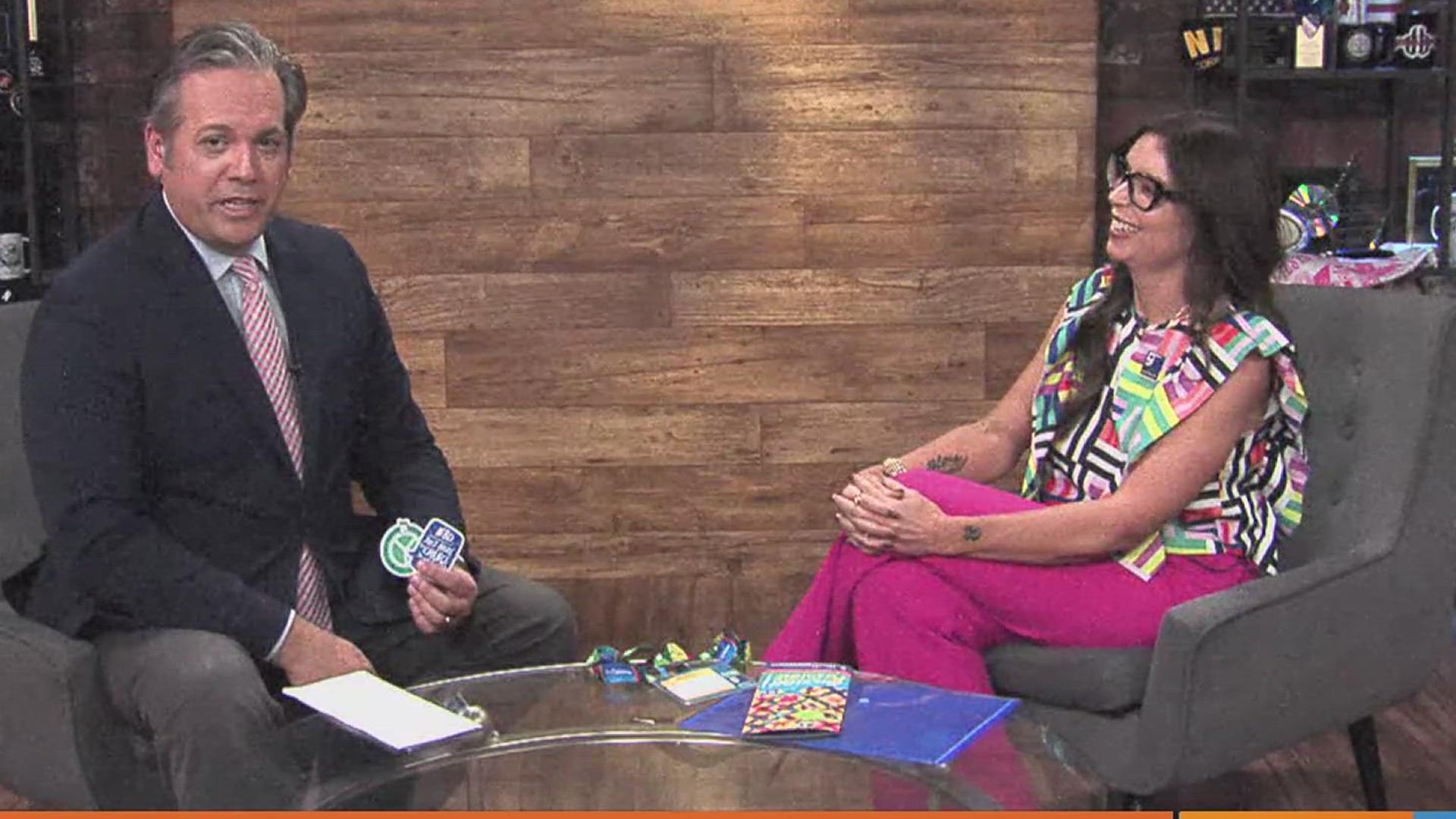CORPUS CHRISTI, Texas — The tax-evasion case against John Longoria was built on an initial accusation that he had taken bribes in his capacity as a CCISD school board member, his lawyer Simon Purnell told 3NEWS on Thursday.
While Purnell said he never saw the affidavit that the Longoria's warrant was based on, he was aware of accusations.
"The story that I heard was, essentially, that Mr. Longoria, in his capacity as a Corpus Christi Independent School District board of trustee member, had received some version of a bribe in exchange for contracts at the school districts," he said. "That was essentially what was being said by competitors of others who received those contracts."
Longoria was sentenced to 5 years probation in federal court Wednesday after pleading guilty to tax-related offenses in November -- the result of an investigation that led to the FBI serving warrants on his home in 2020.
He pled guilty to one count of fraud and false statements pertaining to tax years 2014-2016, after the probe discovered that upgrades made to his home were not reported on his income tax statements for those years, according to his attorney Simon Purnell, who spoke with 3NEWS on Thursday.
Because he did not pay for the improvements, Purnell said they are considered income.
"It's just: Has your worth gone up, essentially, and did you pay for that?" he said. "So you can be paid, historically -- just think about it -- before we had money you were paid in stuff, and this would be an example of that. Did he actually receive cash, or did he receive a benefit that he would have had to have paid cash for? That's what the tax case is really about."
Purnell admits FBI raids usually don't happen in tax cases.
"It started off with people in the community being concerned about public corruption, so they gave their version of what was going on to the FBI," he said.
He said that the FBI went to the court and got a warrant based on that information. They then served that warrant at Longoria's home, and other places that Purnell did not specify.
He said after the US Attorney's Office decided against pursuing a public-corruption case.
"They went with what they did see was, in fact, a crime, which Mr. Longoria admitted," he said.
Longoria will have to serve 75 hours of community service, pay a $40,000 fine and pay the government $187,315 of restitution.
The FBI initiated its investigation into Longoria in 2018. Court documents state the value of a private remodeling project commissioned by Longoria did not line up with his tax earnings reported from 2014-16.
The US Attorney's Office declined comment for this story, referring 3NEWS to court documents from the original November agreement.
Purnell commended the government on how the case against Longoria was handled.
"I think the government did a very good job of properly investigating this case and listening to all sides of the story and coming to the decision that they would not file any charges," he said.
Purnell said he feels that people should be able to report wrongdoing when it's out of genuine concern.
"If you truly believe something wrong is going on, you should be able to voice that opinion and not fear having someone come after you because of what you said," he said. "There's a line, though, and at some point that line gets crossed. I don't know that it got crossed in this case, but there will always be pundits out there who are either envious or they're bothered because they're not getting the big contracts and they will talk, and they will talk very loud. Again, that's their right."



